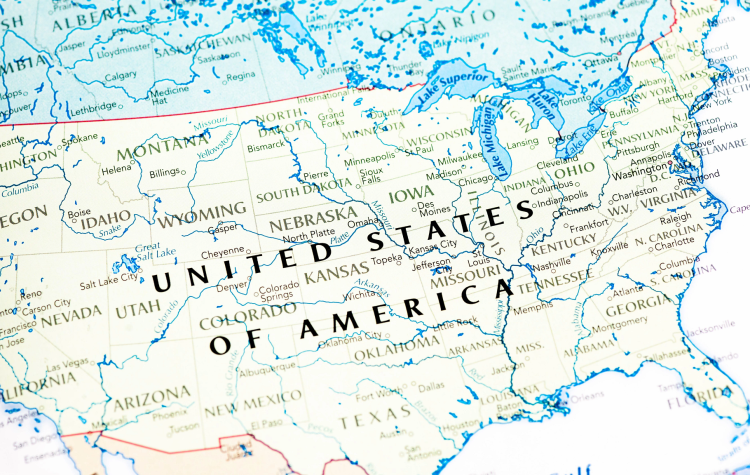Access to reproductive knowledge, care and power is essential to achieving justice and freedom for women.
For women* in the United States, access to comprehensive sex education, quality health care and meaningful supports for families is limited by regressive and medically harmful policies.
This reality is particularly true for those who live in states with restrictive abortion laws, and for the diverse communities we support. These communities experience higher maternal mortality rates, stigma and deep financial burdens that limit economic independence.
Reproductive health care—including contraception, birthing support and abortion access—is becoming more difficult to access in the U.S. and is often compounded by barriers related to inequality. For communities already most affected by restrictive abortion laws, particularly in the South and Midwest, the risk of facing criminalization for seeking and providing reproductive health care—including access to timely, comprehensive miscarriage care—is a constant threat.
We believe reproductive freedom is a health care issue, a human rights issue, a democracy issue and an economic issue. It should not be limited by race, geography, income or gender. That is why we support our partners working to achieve comprehensive sex education, full access to abortion, contraception and birth equity.
What We Do

We support national and state-based organizations working to build and grow the movement to ensure all women can have the reproductive freedom they deserve.
Often, women from the diverse communities we support—including women of color and those struggling to make ends meet—are at the forefront of this work but are also the least supported. To address this disparity, we prioritize support for initiatives that amplify the voices of the people disproportionately harmed by policies that inhibit their ability to exercise reproductive freedom.
Our Approach
We support efforts to increase sex education and ensure women have access to the full range of reproductive services—no matter who they are, where they live or their socioeconomic status.
Expanding access to contraception
We support campaigns and organizations increasing knowledge of and access to a wide array of contraception options in culturally responsive ways.
Increasing access to abortion
We support service delivery, legal, advocacy and movement-building work that protects and expands access to abortion.
Advancing birth equity
We invest in strengthening the birth workforce and supporting advocacy for and access to quality, affordable birthing options, including ensuring that Medicaid coverage and paid family leave make a range of birthing options financially feasible for all pregnant people.
Our Grantees
We are proud to partner with organizations working to expand reproductive knowledge, freedom and power to actualize the dignity and well-being of families.
View more grantees in our Gender and Reproductive Equity Grantmaking portfolio

Pooling Funds to Magnify Impact
Collaborative for Gender and Reproductive Equity (CGRE) acts as a dynamic learning community of donors and foundations united in the advancement of gender, reproductive and racial equity.

Lawyering for Reproductive Justice
If/When/How: Lawyering for Reproductive Justice provides wrap-around legal services for anyone facing criminalization for pregnancy, abortion or birth.

Building Movements for Reproductive Justice
A state-driven, national organization run by and for young people, Unite for Reproductive & Gender Equity (URGE) provides a political home for young people, advocates for meaningful policy change and shifts culture, working in states where the challenges and opportunities are greatest.

ARTICLE SPOTLIGHT
The Abortion Fight is In the States. Funders, Meet Us in the Capitals.
For Inside Philanthropy, our own Brook Kelly-Green and Gender Equity Action Fund (GEAF)'s Cristina Uribe share why funders need to orient their investments strategies toward funder collaboratives, local grassroots efforts and advocacy organizations.
*Our Terminology
We support every person's right to define their gender identity. For the purposes of our grantmaking and shaped by Schusterman's commitment to equity, our definition of “women” includes cisgender women, transgender women, femme-identified people, and gender-nonconforming people.




